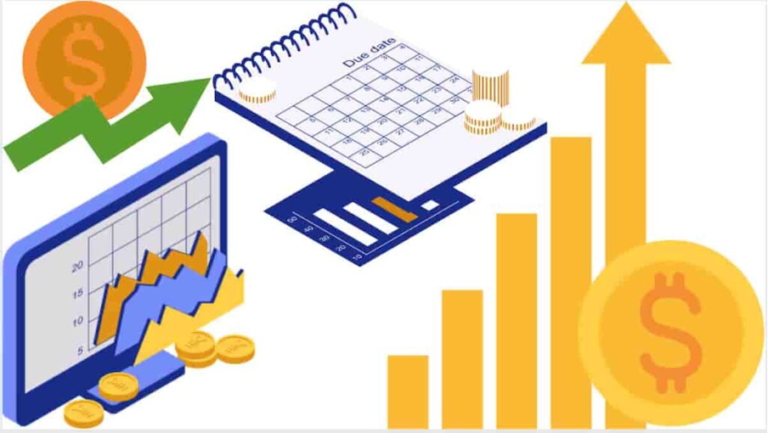Role of Market Index Fund in the Financial Market
The Financial Market can seem daunting and overwhelming to many investors, but Market Index Funds offer a simple and cost-effective way to gain exposure to a range of assets.
A Market Index Fund is a type of financial product that is designed to track the performance of a specific market index, such as the S&P 500. They are typically low-cost investments that allow investors to diversify their portfolios and access a range of assets.
In this article, we will explore the role of Market Index Funds in the Financial Market and the advantages and disadvantages of investing in them.










